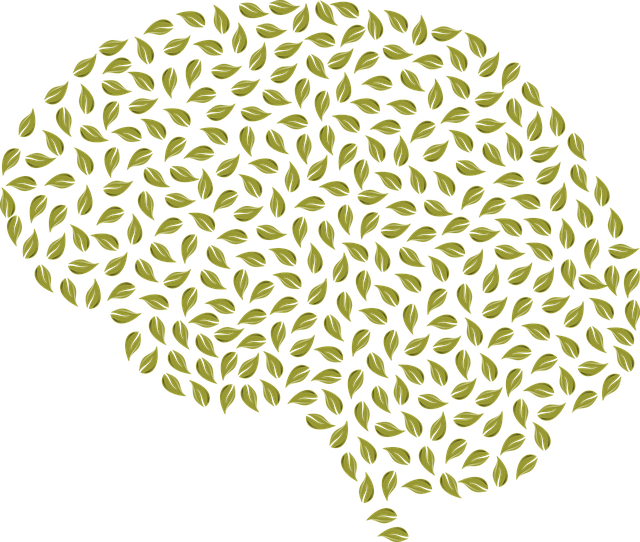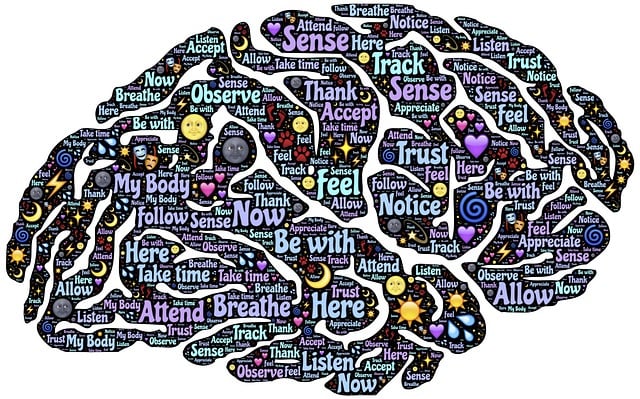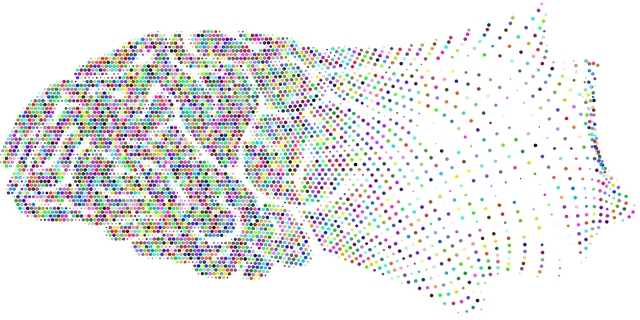Crisis Intervention Teams (CITs) provide immediate, intensive support for young children experiencing psychosis, focusing on evidence-based interventions tailored to individual needs. Through collaboration between mental health professionals, social workers, and first responders, these teams empower children and families by teaching coping mechanisms, improving communication, and building resilience. Specialized training programs, including cognitive behavioral therapy and family-focused interventions, significantly improve outcomes for young clients with psychosis, reducing symptoms and enhancing mental wellness. Key elements include developmentally appropriate curricula, practical skills training, supervision, peer mentoring, and accessible resources like podcasts.
In today’s complex landscape, crisis intervention teams (CITs) play a pivotal role in addressing child mental health crises. With increasing rates of youth psychosis, specialized training for CITs is more crucial than ever. This article explores the transformative power of focused programs, delving into their impact on young children with psychosis and highlighting effective curriculum design and support systems. By enhancing therapy outcomes, these initiatives ensure a brighter future for vulnerable young minds. Key topics include understanding CIT roles, the benefits of specialized training, and creating robust therapeutic environments.
- Understanding Crisis Intervention Teams and Their Role in Child Mental Health
- The Impact of Specialized Training for Young Children with Psychosis
- Designing Effective Curriculum and Support Systems for Therapy Success
Understanding Crisis Intervention Teams and Their Role in Child Mental Health

Crisis Intervention Teams (CITs) play a vital role in addressing acute mental health crises, particularly among young children experiencing psychosis. These specialized teams are designed to provide immediate and intensive support, often within a child’s home or community setting. CIT members, typically comprising mental health professionals, social workers, and first responders, collaborate to offer evidence-based interventions tailored to the unique needs of each child. By integrating therapy for young children with psychosis, these teams foster a nurturing environment that cultivates compassion and emotional intelligence.
Through compassionate cultivation practices, self-care strategies, and enhanced emotional intelligence, CITs empower both children and their families. They teach coping mechanisms, improve communication, and build resilience against future crises. This holistic approach ensures that young individuals receive not just treatment but also the nurturing and understanding necessary for long-term mental health recovery and well-being.
The Impact of Specialized Training for Young Children with Psychosis

Specialized training tailored for young children experiencing psychosis can significantly transform their lives and the support systems around them. These programs are designed to equip parents, caregivers, and healthcare providers with the necessary skills to navigate this complex condition effectively. By participating in such initiatives, individuals gain a deeper understanding of early psychotic disorders, enabling them to recognize warning signs and implement appropriate interventions sooner.
Early identification and specialized therapy for young children with psychosis have proven to be game-changers. Research highlights that timely intervention can lead to improved outcomes, including reduced symptoms and better overall mental wellness. The Healthcare Provider Cultural Competency Training, for instance, focuses on enhancing cultural awareness, ensuring that diverse families receive tailored support. Additionally, the Mental Wellness Podcast Series Production can offer accessible resources, promoting positive thinking and coping strategies within these communities.
Designing Effective Curriculum and Support Systems for Therapy Success

Effective crisis intervention team (CIT) training programs must prioritize a comprehensive curriculum that addresses the unique needs of young children experiencing psychosis. This includes integrating evidence-based practices tailored for early childhood mental health, such as cognitive behavioral therapy and family-focused interventions. By focusing on developmentally appropriate techniques, CIT members can foster inner strength development in young clients while enhancing their mental wellness and boosting confidence.
Curriculum design should also emphasize practical skills training, ensuring that team members are equipped to recognize early signs of psychosis and respond appropriately. Support systems, including ongoing supervision, peer mentoring, and access to specialized resources, play a pivotal role in therapy success. These support mechanisms not only reinforce the knowledge gained during training but also foster a collaborative environment where CIT members can navigate complex cases effectively, ultimately promoting positive outcomes for young children struggling with psychosis.
Crisis intervention team (CIT) training programs play a pivotal role in enhancing child mental health services. By equipping professionals with specialized skills, these programs improve outcomes for young children experiencing psychosis. Through comprehensive curriculum design and supportive systems, CIT training ensures that therapy is effective and tailored to the unique needs of these vulnerable youth. Investing in such initiatives is key to fostering resilience and promoting positive mental well-being among children facing severe crises.














